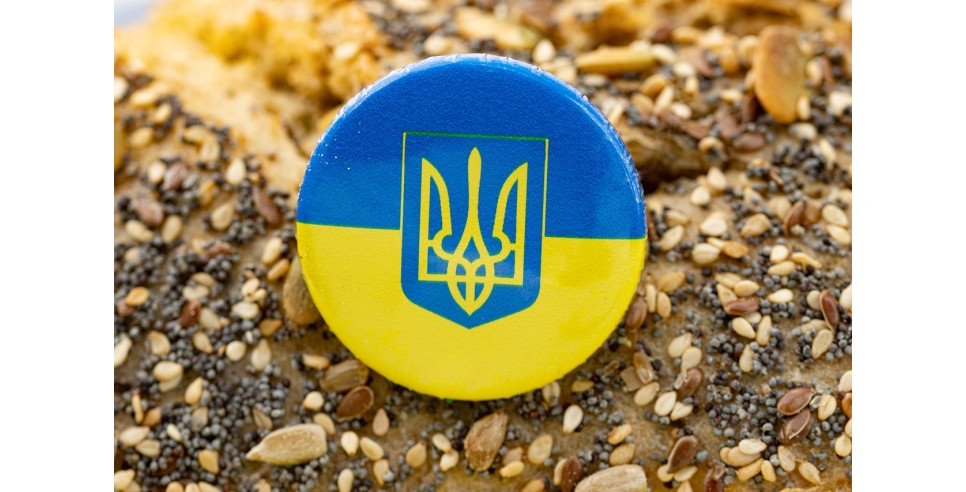
Losing My Buttons
Definition: to be or become mentally deficient, incompetent or deranged, to become of unsound mind.
It hangs vertically, next to the altar where I meditate. It is an old, cloth, “hippie” belt worn proudly fifty years ago, woven of yellow and green cotton fabric, with tassels at both ends, and measures about five feet long.
That belt has become the home of about four dozen buttons that display photos, logos and phrases, in support of people, causes and resistance to certain social and political policies. The spectrum is broad— equality and justice for all Americans: Black, Hispanic, Indigenous, (now we can probably add Asian and Muslim); support for peace movements world-wide, for farmworkers’ rights; for the release of political prisoners and for revolutions and overthrows of repressive governments, worldwide; for memberships in organizations and unions, as well as for environmental global issues.
I was given some of the buttons, by a dear female cousin, in the early 1960s. The first button, was a black and white one with the words, “Freedom Now”, and the acronym C.O.R.E., for the Congress On Racial Equality, one of several organizations, along with the N.A.A.C.P. ,National Association for the Advancement of Colored People, and S.N.C.C., the Student Non-Violent Coordinating Committee, that would be active during the Civil Rights Era and served as the forerunners, or the vanguard, as they used to say, to many other organizations to follow that represented other minorities and their issues— the Black Panthers, the Students for a Democratic Society, (SDS), the Brown Berets, the UFW, the United Farmworkers Union, the Gray Panthers, ACT UP, Black Lives Matter, and the organizations representing the LGBTQ community, #MeToo movement— far too many more to mention.
Growing up in the late 1960s and early 1970s, it seemed there was no shortage of causes, and that with each protest or demonstration attended, buttons would be sold—sometimes posters, which I still have a couple of those, although not in great condition. But the buttons, worn on collars, lapels and various hats and/or black berets, were a sign to others of who you were and what you were about. Some messages were angry, some were funny—all reflected the tumultuous times that would envelop our country and the world over for the next half-century—and up to the present day.
So why keep buttons for fifty years? One reason is that upon viewing each one, it reminds me of where we as a nation were—and how far we have come—how far we still have to go. It also reminds me of who I was then, and who I still am now, when it comes to support or resistance, on some of those very same issues facing us.
For as the writer, Mark Twain, once commented, “History doesn’t repeat, but it rhymes.”
So, you see, I really haven’t completely lost my buttons, I merely have them gathered together for quiet nighttime conversations. And to remember what a time it was—and still is.








